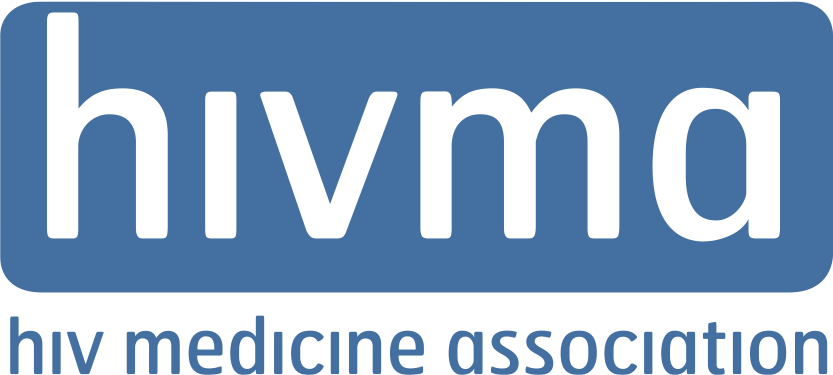06/25/2018
![]()
Paul Auwaerter, MD, MBA, President IDSA
Melanie Thompson, MD, Chair HIVMA
The spending bill released Friday by the Senate Appropriations State and Foreign Operations subcommittee, proposing the first increase in funding for the U.S. President’s Emergency Plan for AIDS Relief in nearly a decade, and the robust increase proposed by the House Appropriations State and Foreign Operations subcommittee for USAID’s global efforts to combat tuberculosis, demonstrate a welcome awareness of the tremendous value of continued U.S. leadership of crucial global health responses.
The Infectious Diseases Society of America and the HIV Medicine Association hail the Senate subcommittee’s proposed $50 million increase for PEPFAR and the $41 million increase for the USAID TB Program in the House subcommittee proposal, as substantial and significant steps forward. We strongly urge both chambers to include the Senate subcommittee’s proposed increase for PEPFAR and the House subcommittee’s proposed increase for USAID TB funding in the final FY 2019 spending bill.
The stakes for accelerating the success in our efforts to combat and control these two infectious diseases could not be higher than now. Our successes have been substantial, but they are fragile without continued financial commitment. Expanding proven interventions with international cooperation, brings us closer to the goal of ending the tragic, debilitating and destabilizing toll exacted by these epidemics on individuals, families, communities, and nations.
Similarly, the Senate bill’s overall increase to the global health line of $102 million demonstrates an awareness that weaknesses in health resources and capacities worldwide not only fuel local health crises, but also threaten our own security.
We urge Congress to include the House subcommittee’s proposal of $175 million for USAID global health security activities in the final spending bill. Adequate funding is critical for ensuring that the U.S. can continue to work with low and middle-income countries to develop the necessary capacities to detect, prevent and respond to infectious disease outbreaks before they become epidemics capable of destabilizing nations, threatening our own national security, and even reaching American shores.
In that spirit, we commend the Senate for including a provision reversing the Mexico City Policy that restricts funding and essential health services for women provided by U.S.-funded overseas health providers, for increasing family planning and reproductive health funding by $25 million, and increasing funding to the United Nations Population Fund by $5 million. We urge legislators to reject the House subcommittee’s proposal to slash funding for USAID’s family planning and reproductive health activities, by $146.5 million, and to eliminate funding for UNFPA. These cuts to women’s health funding will greatly weaken efforts to ensure that women have the tools they need to protect themselves against sexually transmitted infections, HIV and HCV in women and men.
We applaud our legislators’ recognition that the cuts proposed by the White House to our signature global health efforts would not put “America first,” but, rather represent a blow to our national interests and security. We ask that they finalize a spending bill that speeds success in our efforts to protect health at home by strengthening responses worldwide.

